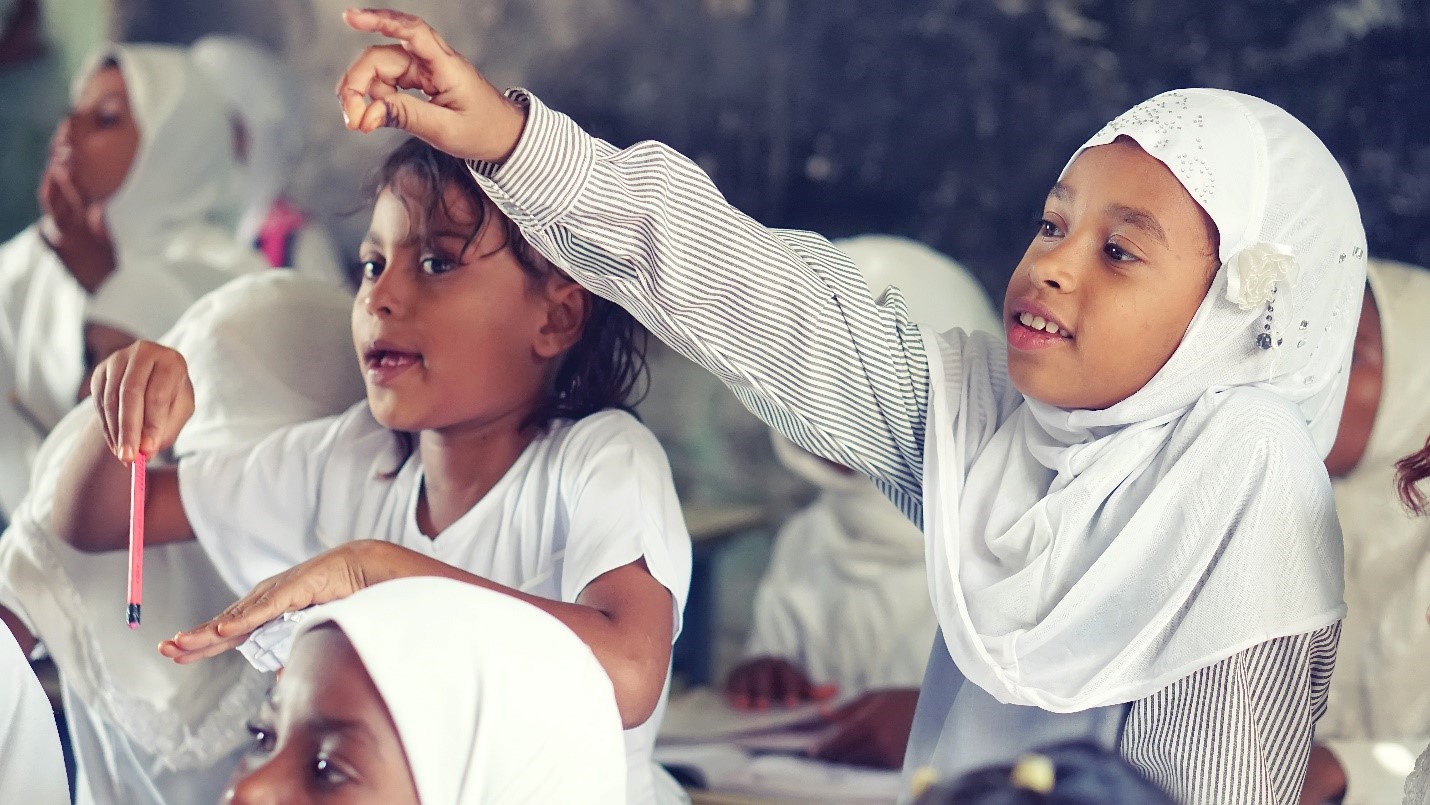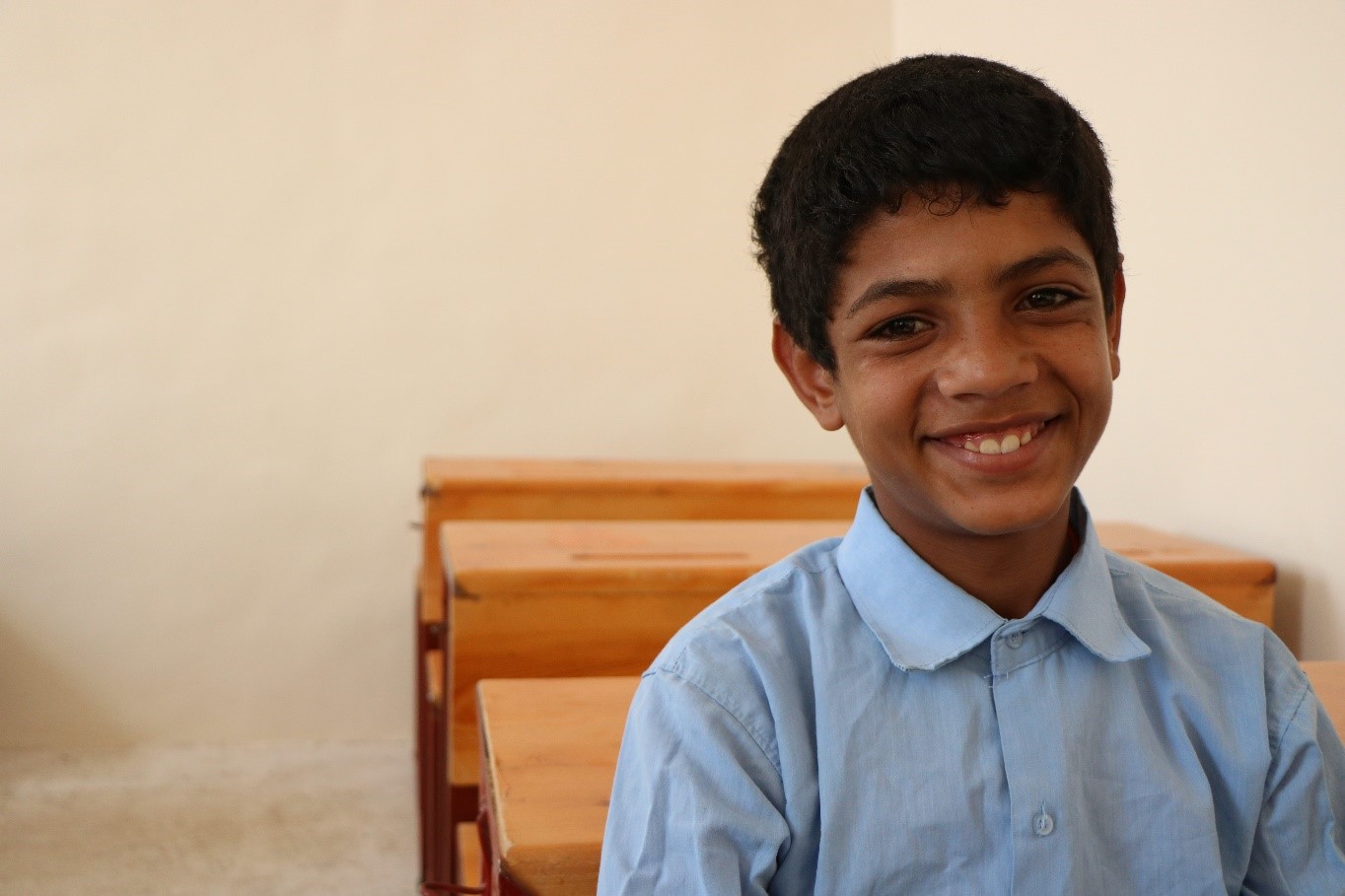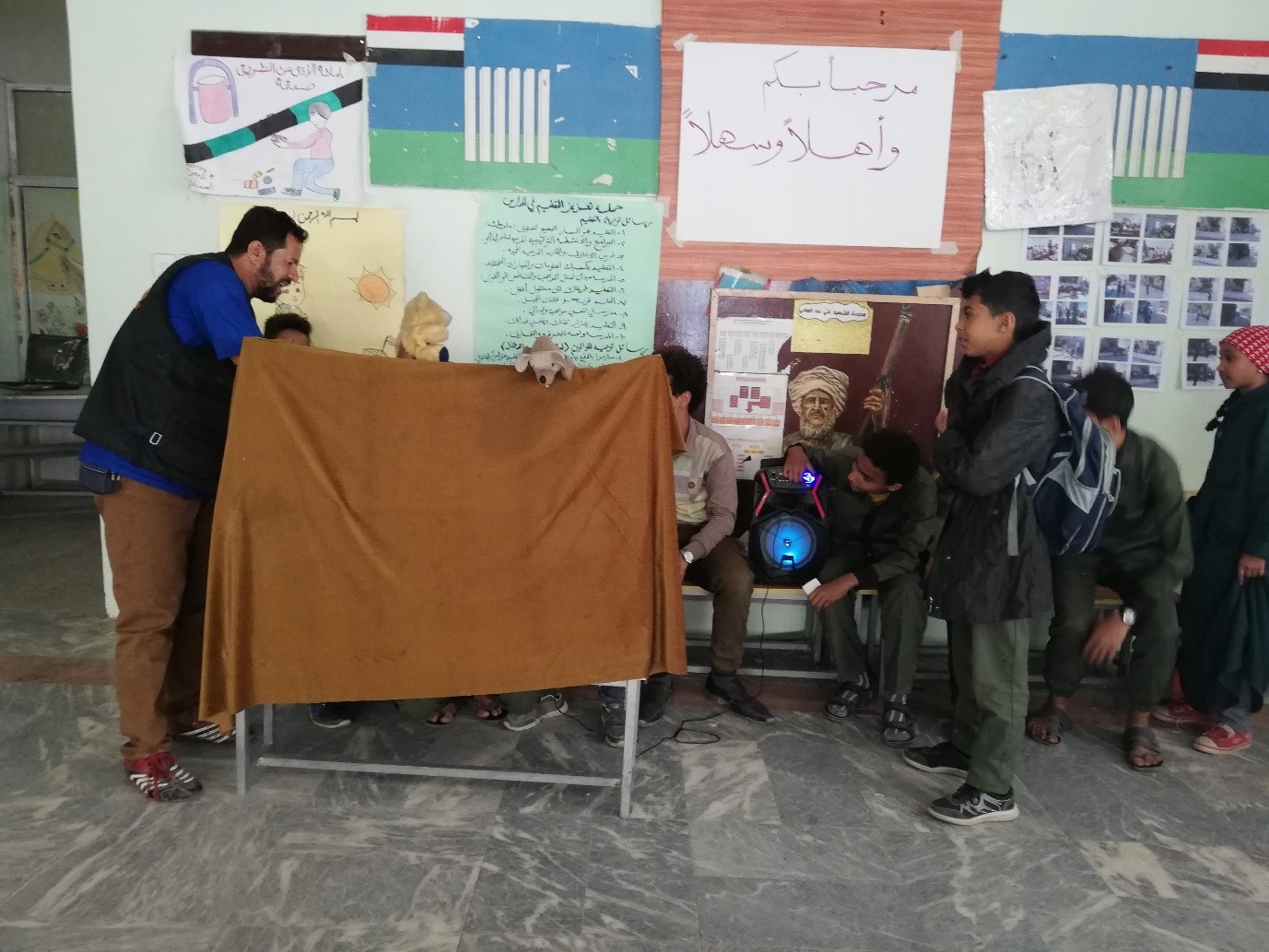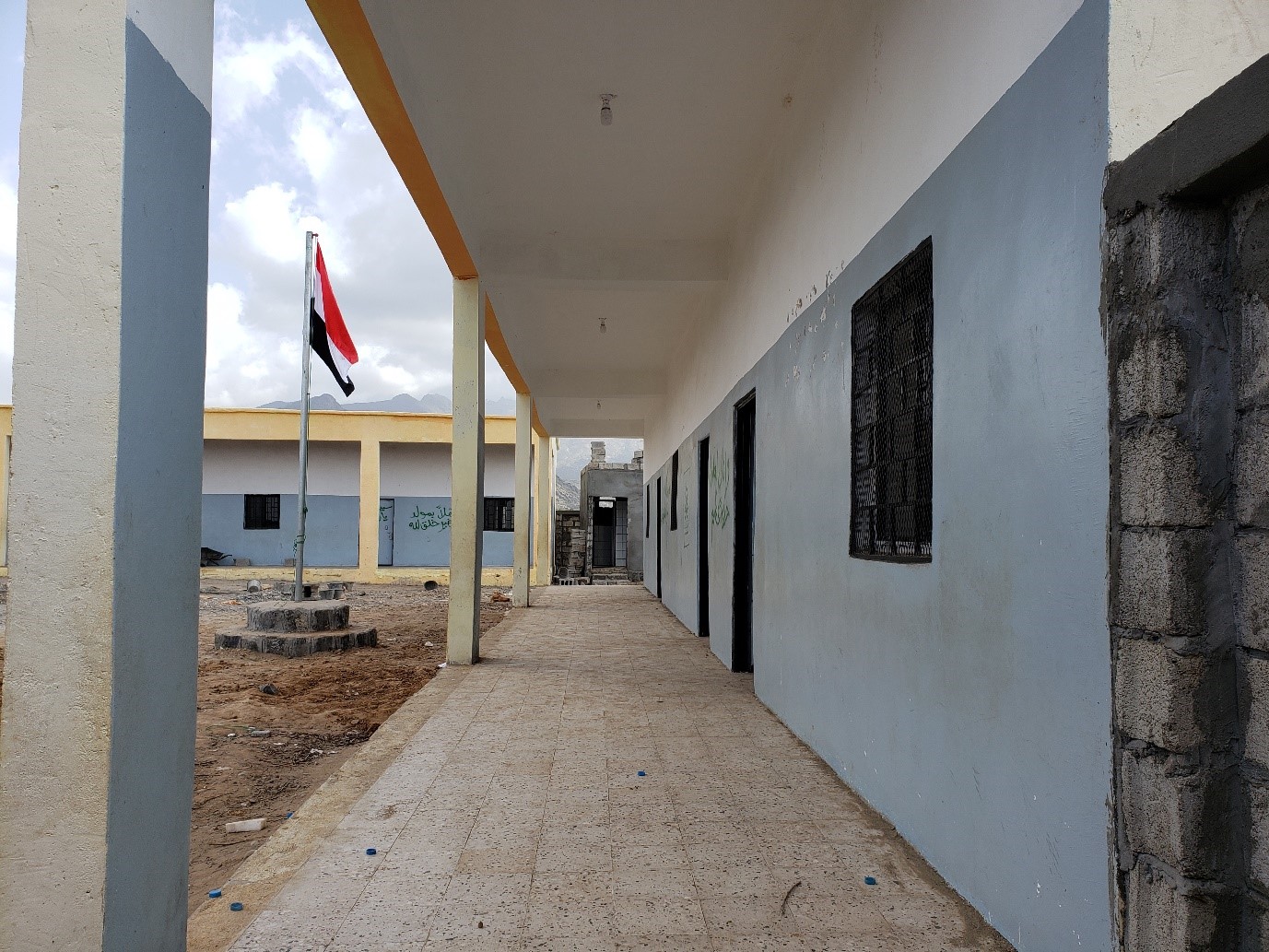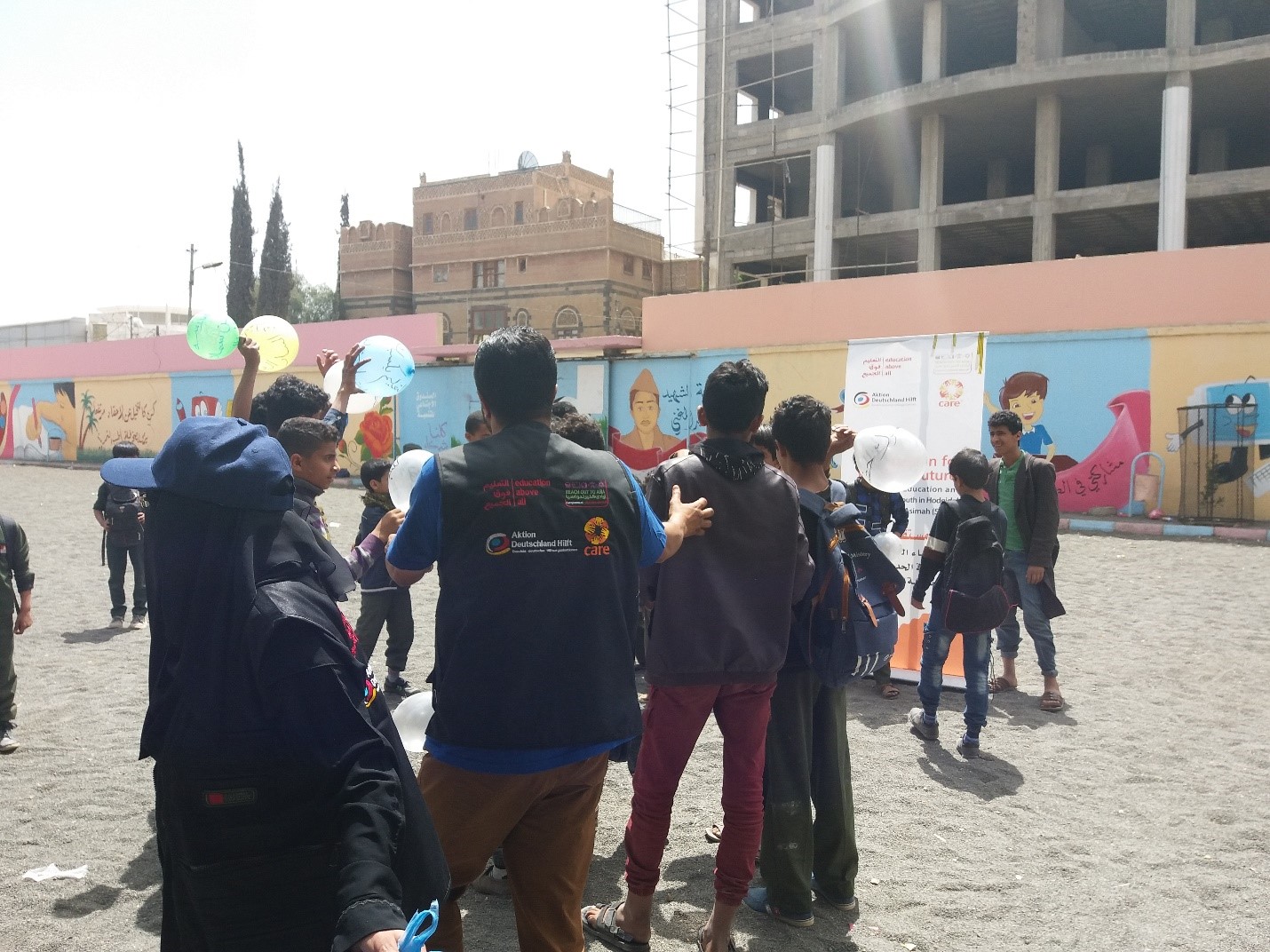After six years of continuous conflict, Yemeni people remain gripped by one of the worst humanitarian crises that has left millions below the poverty line and in need of humanitarian aid to survive. The prolonged conflict in the country has made it extremely challenging to continue the provision of education. An estimated 4.7 million children need education assistance, including 3.7 million in acute need. Roughly two million children are out of school. Girls are more likely to lose out on education, with 36% of girls out of school compared to 24% of boys.
